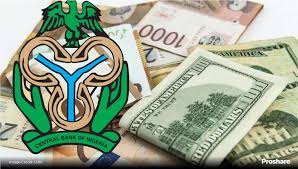Foreign Portfolio Investors (FPIs) are flocking to Nigeria’s stock market, driven by the Central Bank of Nigeria’s (CBN) high interest rate regime and foreign exchange policies. In the first nine months of 2024, foreign investment inflows reached N696.88 billion, marking a remarkable 170.1% increase from N258 billion during the same period in 2023.
The uptick in foreign investment was particularly pronounced in the first quarter of 2024, coinciding with the CBN’s aggressive monetary policy, which saw the Monetary Policy Rate (MPR) raised by 450 basis points to 27.25% between February and September. The MPR serves as the benchmark rate for investment portfolios across both capital and money markets.
Domestic investors also showed strong commitment, pouring N3.271 trillion into the stock market during the same period, a 33.3% rise from N2.454 trillion in 9M’23.
Analysts at Afrinvest Securities Limited attributed the renewed interest from foreign investors to the CBN’s stringent measures against inflation and efforts to stabilize the Naira. They noted that while higher interest rates can typically have a negative impact on stock markets, the CBN’s decision to raise the interest rate by 600 basis points to 24.75% between February and March 2024 underscored its commitment to controlling inflation and ensuring currency stability.
David Adonri, Vice Chairman at Highcap Securities Limited, highlighted the positive effects of increased FPI on the foreign exchange market, stating that the influx of foreign investments enhances demand and supply dynamics, ultimately boosting foreign reserves. He emphasized that the rise in FPI reflects growing investor confidence in Nigeria’s market and economy, although the capital importation profile remains heavily skewed toward short-term Foreign Portfolio Investments.
Investment Banker Tajudeen Olayinka added that the CBN’s high interest rate strategy aims to attract foreign investment in Naira-denominated assets, thereby improving dollar liquidity in the forex market and addressing local inflation. He cautioned, however, that the sustainability of such a high interest rate regime depends on the responsiveness of key macroeconomic variables in the near term, indicating that this approach may be a short-term measure to tackle immediate economic challenges.


